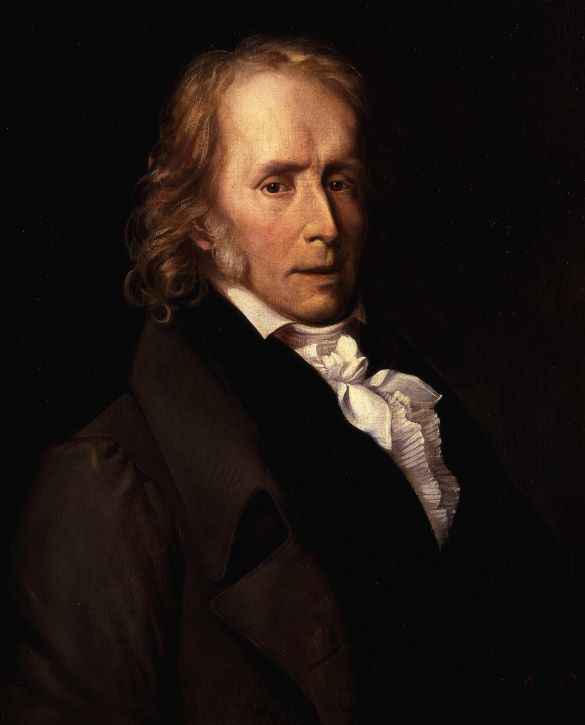Liberty Matters
Critical Religion?

I would like to take up Bryan Garsten's invitation to differentiate Constant and Tocqueville's views on religion. As I take it, in his view "Constant wanted the moral and psychological force of religion to be wielded against authority rather than on its behalf; he wanted it to sustain the political culture of criticism that was so central to his liberalism", whereas, Garsten implies, Tocqueville at least in some contexts wanted religion to reinforce authority and restrain criticism.
I think this goes too far in both directions. One of the great things religion does, according to Constant, is to accustom us to self-sacrifice. The religious habit of self-sacrifice is, he thinks, directly transferable to politics, indeed it is politically indispensable. I pointed this out in my original essay, in part with citation taken from Garsten's excellent work. In this regard it does not seem to me that Constant is ascribing a critical political function to religion so much as a supportive one.
On the other hand, I think that religion has a crucial role to play as moral critic in democratic societies in Tocqueville. Without going into the extensive evidence for this, I will cite my concluding remarks on the subject in Tocqueville, Democracy, and Religion:
For Tocqueville, religion and the state are like two adjoining houses which share a common wall, but have separate entrances. In the front hall of religion, one checks one's right of individual inquiry and decision and accepts dogmatic authority. In the front hall of politics, one hangs up one's religious dogmas and accepts the decision of the majority while retaining one's freedom of thought and action. The wall between religion and the state should be thin, however, so that the noise in one can be heard clearly in the other. Indeed, the moral expression of religion ought to be heard so clearly in the house of politics as to be able, if need be, to wake up its occupants in the middle of the night, and religion should never be allowed to be so indifferent to society as to be able to ignore a catastrophe happening next door.[28]
Endnotes
[28.] Alan S. Kahan, Tocqueville, Democracy, and Religion: Checks and Balances for Democratic Souls (Oxford, 1995), 84-85.
Copyright and Fair Use Statement
“Liberty Matters” is the copyright of Liberty Fund, Inc. This material is put on line to further the educational goals of Liberty Fund, Inc. These essays and responses may be quoted and otherwise used under “fair use” provisions for educational and academic purposes. To reprint these essays in course booklets requires the prior permission of Liberty Fund, Inc. Please contact oll@libertyfund.org if you have any questions.